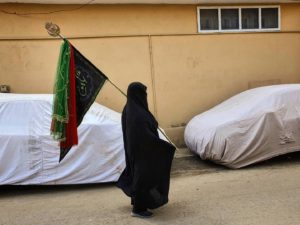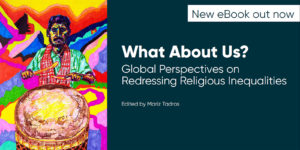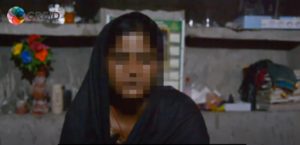The theme of this special collection of papers, the lived experiences of women who belong to religious minorities, has been a blind spot both in international development policy engagement and in much of the international scholarship on women, security and peace.
Women who belong to religious minorities, who are socioeconomically excluded and are vulnerable to multiple sources of gender-based violence in Pakistan seem to have fallen through the cracks of the ‘leave no one behind’ agenda. The aim of this volume is to shed light on the day-to-day experiences of women and their families who belong to the Ahmadiyya, Christian, Hindu and Hazara Shia religious minorities in Pakistan.
Each of the papers in this collection exposes the complexity of the intersections of gender, class and religious marginality in shaping the realities for women from these religious minorities.
Download individual papers
- Gender-Based Perspectives on Key Issues Facing Poor Ahmadi Women in Pakistan
- The Multi-Layered Minority: Exploring the Intersection of Gender, Class and Religious-Ethnic Affiliation in the Marginalisation of Hazara Women in Pakistan
- Poor Marginalised Hindu Women in Pakistan
- A Case of Several Jeopardies: A Study on the Intersecting Inequalities in the Everyday Lives of Poor Minority Christian Women and Girls in Pakistan
Policy Briefs
- Discrimination, Marginalisation and Targeting of Ahmadi Muslim Women in Pakistan
- A Multi-Layered Minority: Hazara Shia Women in Pakistan
- Experiences of Intersecting Inequalities for Poor Hindu Women in Pakistan
- Experiences of Intersecting Inequalities for Christian Women and Girls in Pakistan
See also…
Coercive consent? Unlocking the truth behind ‘disappearing’ women in Pakistan (Analysis)
Hindu and Christian women a target for forced conversions in Pakistan (News)
Naumana Suleman on empowering women from religious minorities in Pakistan (Podcast)



